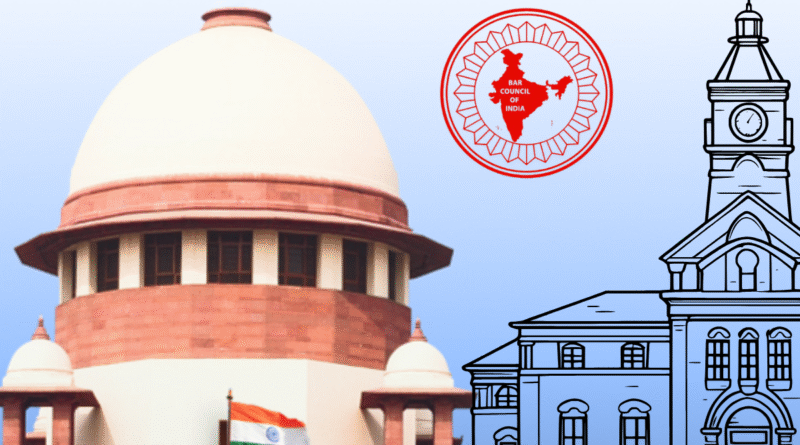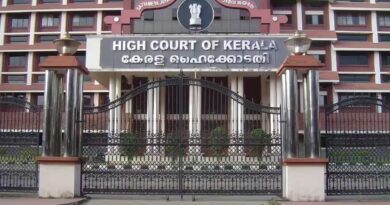Supreme Court to Hear Challenge to BCI’s Three-Year Freeze on Legal Education Centres
The Supreme Court on Friday asked the Bar Council of India (BCI) to respond to a petition challenging its decision to stop the setting up of new law colleges in India for the next three years [Jatin Sharma v. Bar Council of India & Ors.].
A Bench of Justice Vikram Nath and Justice Sandeep Mehta heard the plea filed by advocate Jatin Sharma against the Rules of Legal Education, Moratorium (Three-Year Moratorium), 2025. The BCI had introduced these rules claiming that the step was necessary to control the rapid growth of poor-quality institutions and to maintain the standards of legal education.
As per a press release issued by the BCI on August 13, no law college will be allowed to open new sections, courses, or batches during this three-year period without prior approval from the Council. It also clarified that applications already under process would not be affected and would continue as per law.
The petitioner argued that this blanket ban is arbitrary, excessive, and violates Articles 14, 19(1)(g), and 21 of the Constitution. He said the moratorium denies opportunities to deserving students and punishes compliant institutions. Instead of an across-the-board freeze, the BCI should adopt region-specific and transparent measures to deal with substandard colleges, while encouraging genuine proposals.
The petition further claimed that the decline in standards of legal education was due to issues like widespread use of unfair means in exams, poor enforcement of attendance rules, and commercialisation of higher degrees such as LL.M. and Ph.D. These problems, it was argued, could be solved through stronger inspections and accountability, not by blocking all new institutions.
The petitioner also criticised the BCI for not using its statutory powers under Sections 7(1)(h) and 49 of the Advocates Act to inspect and act against faulty institutions. He suggested that the Council should instead reconstitute its Legal Education Committee and Curriculum Development Committee by including judges, senior lawyers, and academicians. Periodic inspections, strict audits, proportionate penalties, and encouraging law colleges in underserved and tribal areas were also recommended to ensure wider access to legal education.





